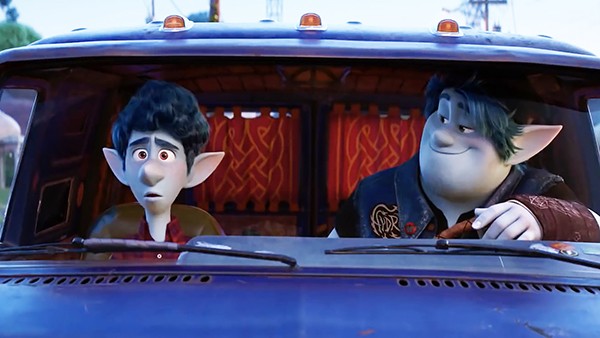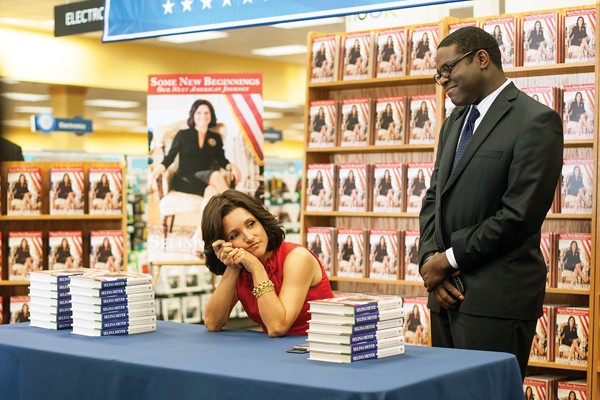It’s strange to contemplate how Dungeons & Dragons has conquered the world. The game began in the early 1970s in a Lake Geneva, Wisconsin, hobby shop. Gary Gygax, Dave Arneson, and the shop’s owner, Jeff Perren, were avid wargamers who created sets of rules to govern battles between brigades of miniature army men. During one game set in medieval times, someone (exactly who is the source of much controversy and a few lawsuits) had the idea that, instead of controlling whole armies, they could try playing as individual heroes. Gygax added rules for using magic and fantastic monsters to fight and published the first edition of Dungeons & Dragons in 1974.
For a game that has been described as combining “the charm of a Pentagon briefing with the excitement of double-entry bookkeeping,” the nerdy hobby spread like wildfire. By 2017, after the game’s fifth edition was released, there were an estimated 15 million players in the United States. But D&D’s legacy goes far beyond the tabletop. The basic concepts introduced by the game — characters defined by a set of skills and statistics whose success or failure is based on random rolls of the dice, and who gather treasure and useful items as they gain experience and advance in level — underlies video games from The Legend of Zelda to Call Of Duty to Grand Theft Auto. But I think D&D’s greatest cultural contribution was the creation of the “generic fantasy setting.”

Tom Holland and Chris Pratt voice the Lightfoot brothers.
J.R.R. Tolkien had taken a scholarly approach to creating Middle Earth, using elements of myth and legend from Northern European antiquity. His numerous imitators were much less rigorous about who they stole from, and Gygax read all of them, gleaning their best ideas and combining them into one syncretic setting. Everything from Shrek to Game of Thrones to Skyrim seems to take place in variants of the D&D world.
Pixar’s newest picture Onward takes the generic fantasy setting as its jumping-off point. “Long ago, the world was full of wonder!” the opening narration exclaims. Bearded wizards in pointy hats palled around with pegasus-unicorns. But magic is famously not user-friendly, so some spoilsport had to go and invent technology, and now the elves and trolls and centaurs live in a world that looks like a Northern California suburb. It’s elf Ian Lightfoot’s (voiced by Tom Holland) 16th birthday, and he’s an awkward nerd who can’t get anyone to come to his party except his big brother Barley (Chris Pratt) and his mom Laurel (Julia Louis-Dreyfus). The boys’ father died when they were very young, but Laurel reveals that he left a gift for them to be delivered when Ian turned 16. It turns out that accountant dad was secretly a wizard, and his legacy is a magic staff, a Phoenix jewel, and a spell that would bring him back to life for one day only, so he could meet the children he left behind.
Barley is an avid player of Quests of Yore, a D&D-equivalent game that, in this world, is strictly historically accurate. He tries and fails to make the spell work. But when Ian tries, his latent magical powers activate, and he succeeds. Well, he partially succeeds — meaning he brings back just the lower half of his father. The brothers have 24 hours to complete the spell and materialize the rest of dad.
Directed by Dan Scanlon, a longtime Pixar staffer who wrote and directed 2013’s Monsters University, Onward never fails to be fun and engaging. But I think the Pixar label actually hurts Onward. Had this come from any other creative team, it would be hailed as a fantastic film. But since it’s Pixar, it invites comparisons to masterpieces such as Toy Story 2.
Onward is a beautiful piece of animation, even if it doesn’t quite rise to the level of Coco. It features a relationship between two brothers that feels deep and real, even if it doesn’t reach Inside Out‘s depths of psychological insight. Its action sequences are thrilling, particularly the climax where our heroes fight a magic dragon assembled from the rubble of technological society, but they never touch the complexity of The Incredibles.
Onward does have one element superior to its Pixar equivalents: Guinevere, Barley’s custom van airbrushed with a fantasy scene of a pegasus, has more personality than the cars from Cars, and even though it never talks, it still gets a heroic moment inspired by Mad Max: Fury Road.
Like Corey (Octavia Spencer), the manticore restaurateur who has to answer to her investors, we’ve become jaded to Pixar’s techno-magic and worn down by Disney’s domination. But don’t let that discourage you from taking up Onward‘s magic quest.
Onward
Now playing
Multiple locations
 Paul Schiraldi
Paul Schiraldi